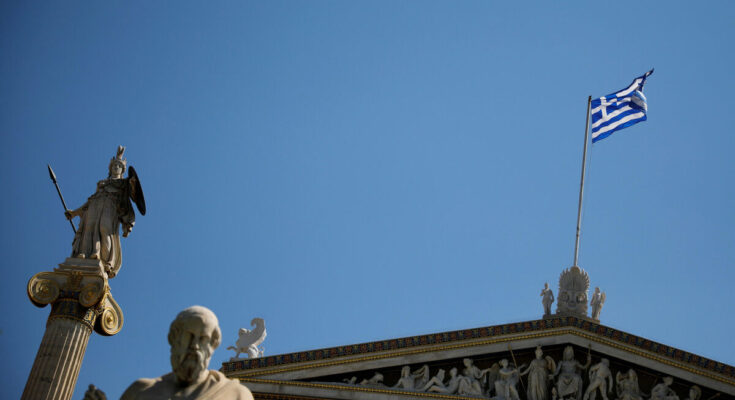Spring 2010: The Greek economy is in decline. Athens had to seek help from the International Monetary Fund (IMF) and the European Union to get its budget back on track. France agreed to participate and provide a loan. Fifteen years later, at the expense of significant austerity policies, the Greek economy is doing better.
The opposite curve occurs in France. The public account is getting worse. According to the Minister of Economy, public debt reached 3,416.3 billion euros, or 115.6% of GDP at the end of the second quarter of 2025.
It was in this context, reported Le Monde, that France received good news from Athens. In the midst of studying the Finance Bill (PLF) and the Social Security Financing Bill (PLFSS), deputies and senators discovered by reading the texts that Greece had paid back 1.1 billion euros in advance to France.
Amélie de Montchalin worries
When asked by our colleagues, the general rapporteur on the budget in the Senate, Jean-François Husson (Les Républicains, LR), stated: “We therefore thank our Greek friends for helping us reduce the deficit”. Philippe Juvin, his colleague in the National Assembly, asked Amélie de Montchalin, Minister of Public Accounts, about this on 12 November. “Do you think we can learn from the Greek example?”, he asked.
Eager to pay off its debt, Greece has returned 1.7 billion euros to France in 2024. Initially, the repayment was supposed to be made in stages between 2033 and 2041. A sign of good financial health, offering Athens the image of a safer borrower than France in the market.
Amélie de Montchalin and the government hope that the new budget will allow France to reduce the public deficit to 4.7% of GDP by 2026. But at the current stage of parliamentary debate, the minister in our column is concerned that this goal will not be achieved, anticipating a public deficit of 5% of GDP.



